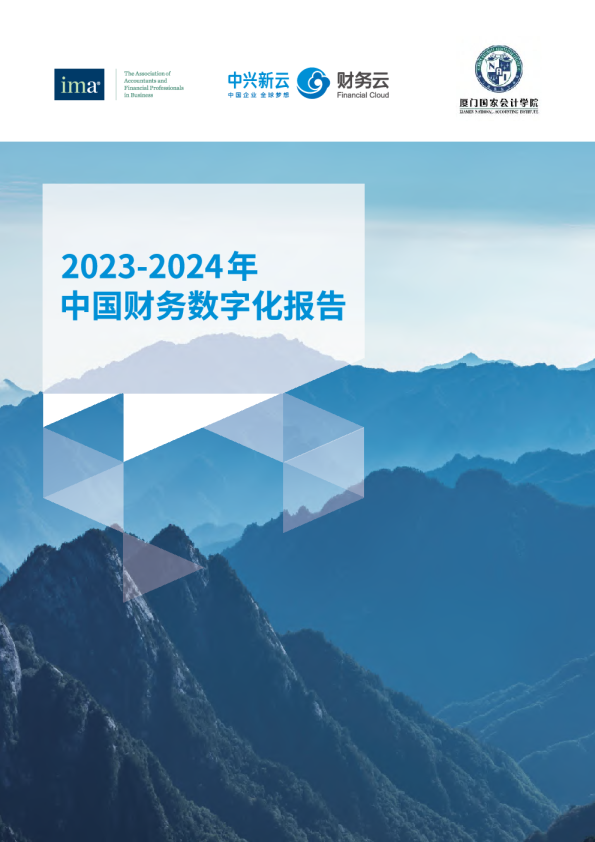2023-2024年印度旅游报告
 AI智能总结
AI智能总结Tourism Overview
Introduction: The Ministry of Tourism, Government of India, recognizes the growing importance of the tourism sector as an economic powerhouse and a tool for development. Tourism not only drives economic growth but also enhances the quality of life by creating diverse employment opportunities, supporting environmental protection, championing cultural heritage, and promoting peace.
Key Objectives:
- Facilitation and Strengthening: The primary objective is to enhance tourism infrastructure, ease visa regimes, ensure quality standards in tourism services, project India as a 365-day tourist destination, and promote sustainable tourism.
- Domestic and Inbound Tourism: Domestic tourism, along with inbound tourism, has emerged as a key driver of economic growth. In 2023, foreign tourist arrivals (FTAs) reached 9.24 million, marking a 43.5% growth over the previous year. This contributed to foreign exchange earnings (FEEs) of ₹2,31,927 crores, showing a 65.74% growth. Additionally, there were 1731.01 million domestic tourist visits (DTVs) across the country.
Economic Impact:
- Employment and Regional Development: The tourism sector is one of the fastest-growing economic sectors, significantly impacting employment and accelerating regional development. According to the 3rd Tourism Satellite Account (TSA), tourism jobs accounted for 12.57% of the workforce in 2022-23.
- Sustainable Development: Tourism has the potential to generate resources for the conservation of cultural and natural heritage and contribute positively to sustainable development goals.
Facilitative Visa Regime:
- Enhanced Visa Facilities: The Ministry of Tourism, in collaboration with the Ministry of Home Affairs and Ministry of External Affairs, has extended e-visa facilities to nationals of 167 countries under 7 sub-categories. These include e-Tourist Visa, e-Business Visa, e-Medical Visa, e-Medical Attendant Visa, e-Conference Visa, e-Ayush Visa, and e-Ayush Attendant Visa. The e-Visa is valid for entry through 30 designated airports and 5 designated seaports.
- Reduced Visa Fees: The visa fee has been rationalized, with the e-Tourist Visa fee reduced to $80 for 5 years, $40 for 1 year, and one-month e-tourist Visa fee reduced to $10 for the lean season and $25 for the peak season.
Swadesh Darshan and PRASHAD:
- Swadesh Darshan: Launched in 2014-15, this scheme aims to complement state governments' efforts in building tourism facilities across the country. ₹5294.11 crore was sanctioned for 76 projects, with 73 reported as physically complete.
- Swadesh Darshan 2.0: A revamped version of the scheme, focusing on integrated development of tourism destinations. 57 destinations across 32 states/UTs have been identified for development.
- PRASHAD Scheme: Launched to develop tourism infrastructure, including historical places and heritage cities. ₹1621.13 crore was sanctioned for 46 projects, with a cumulative release of ₹1023.45 crore until March 31, 2024. Additionally, 29 new sites have been identified for development.
Niche Tourism:
- Identification and Development: The Ministry of Tourism is identifying, diversifying, developing, and promoting niche tourism products to overcome the 'seasonality' challenge. New products will be added in the future. Task forces have been set up for promoting Golf, Medical/Wellness, Cruise, and Adventure Tourism. Guidelines have been formulated to support these initiatives.
Dekho Apna Desh Initiative:
- Domestic Tourism Promotion: To promote domestic tourism, the Ministry launched the Dekho Apna Desh initiative in January 2020. This includes webinars, quizzes, pledges, and discussions to connect with stakeholders and encourage citizens to travel within the country. Over 177 webinars have been organized with a total viewership of over 4,76,630.
Hotel Rating System:
- Star Rating System: Hotels are classified under the star rating system, ranging from One Star to Five Star Deluxe, with or without alcohol, and various heritage categories.
- Digitalization: The Ministry has set up the National Integrated Database of Hospitality Industry (NIDHI) to facilitate digitalization and promote ease of doing business for the hospitality and tourism sector. NIDHI+ has been upgraded to include more categories such as accommodation units, travel agents, tour operators, food and beverage units, online travel aggregators, convention centers, and tourist facilitators.
Conclusion: The





